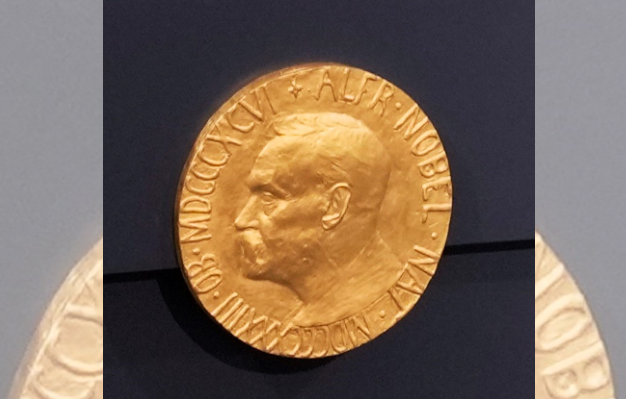Stockholm: The Nobel Assembly at the Karolinska Institute has awarded the 2024 Nobel Prize in Physiology or Medicine to Victor Ambros and Gary Ruvkun for their groundbreaking discovery of microRNA and its role in post-transcriptional gene regulation.
This prestigious recognition highlights the profound impact of their work on our understanding of gene expression and regulation.
Pioneering Research in Gene Regulation
Victor Ambros, affiliated with the University of Massachusetts Medical School, and Gary Ruvkun, from Harvard Medical School, have been at the forefront of genetic research for decades. Their discovery of microRNA, small non-coding RNA molecules that play a crucial role in regulating gene expression, has revolutionized the field of molecular biology. MicroRNAs are involved in various biological processes, including development, cell differentiation, and disease pathogenesis.
Significance of the Discovery
The identification of microRNAs has opened new avenues for research and therapeutic interventions. These tiny RNA molecules can silence specific genes, providing a mechanism for fine-tuning gene expression. This discovery has implications for understanding complex diseases such as cancer, cardiovascular diseases, and neurological disorders. By targeting microRNAs, researchers are exploring novel treatments that could potentially alter the course of these diseases.
A Historic Achievement
The Nobel Prize in Physiology or Medicine, one of the most prestigious awards in the scientific community, comes with a prize sum of 11 million Swedish kronor (approximately $1.1 million). The award ceremony will take place on December 10, the anniversary of Alfred Nobel’s death, in Stockholm.
Ambros and Ruvkun’s pioneering work exemplifies the spirit of scientific inquiry and innovation. Their contributions have not only expanded our understanding of genetic regulation but also paved the way for new therapeutic strategies that could transform medicine in the years to come.







